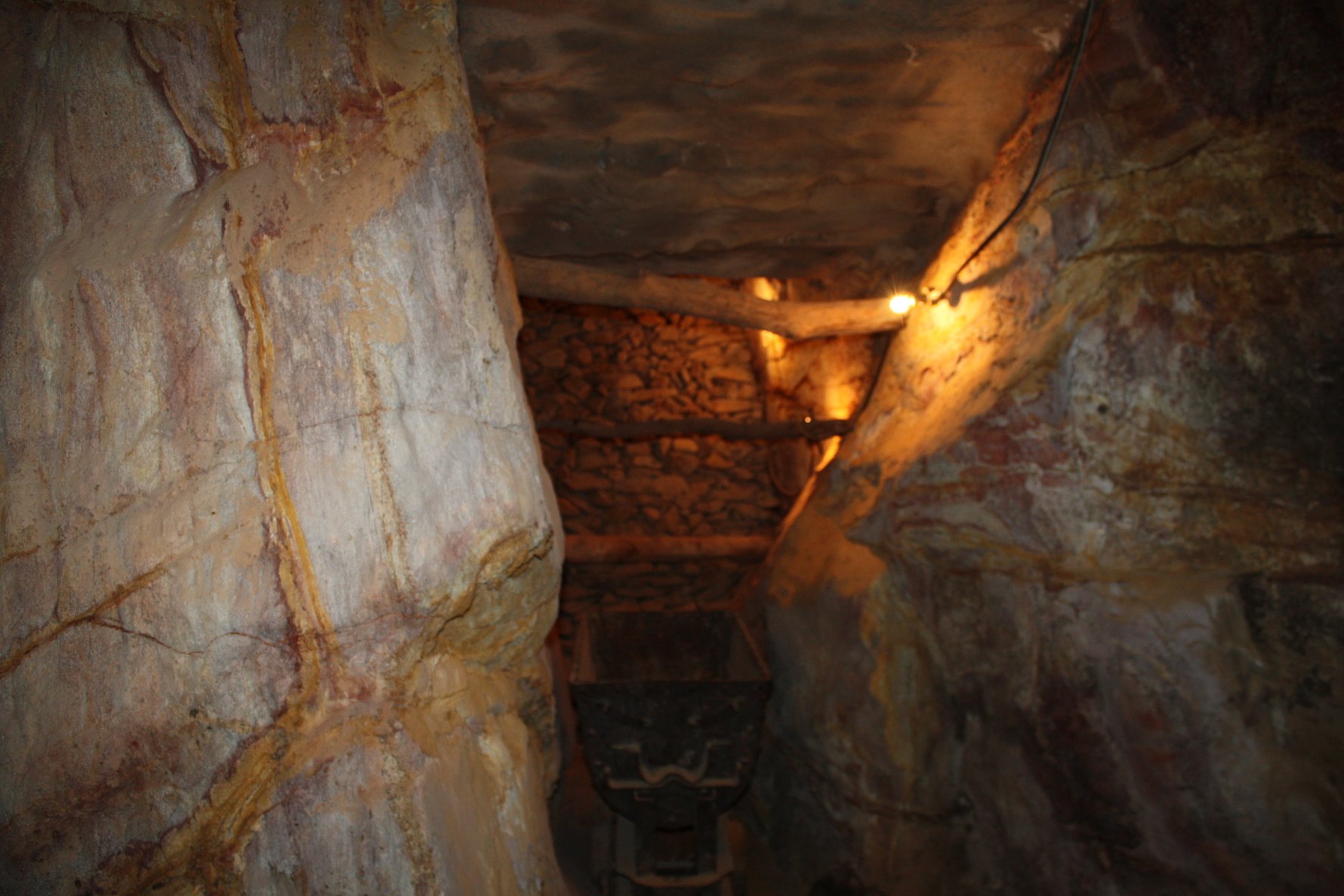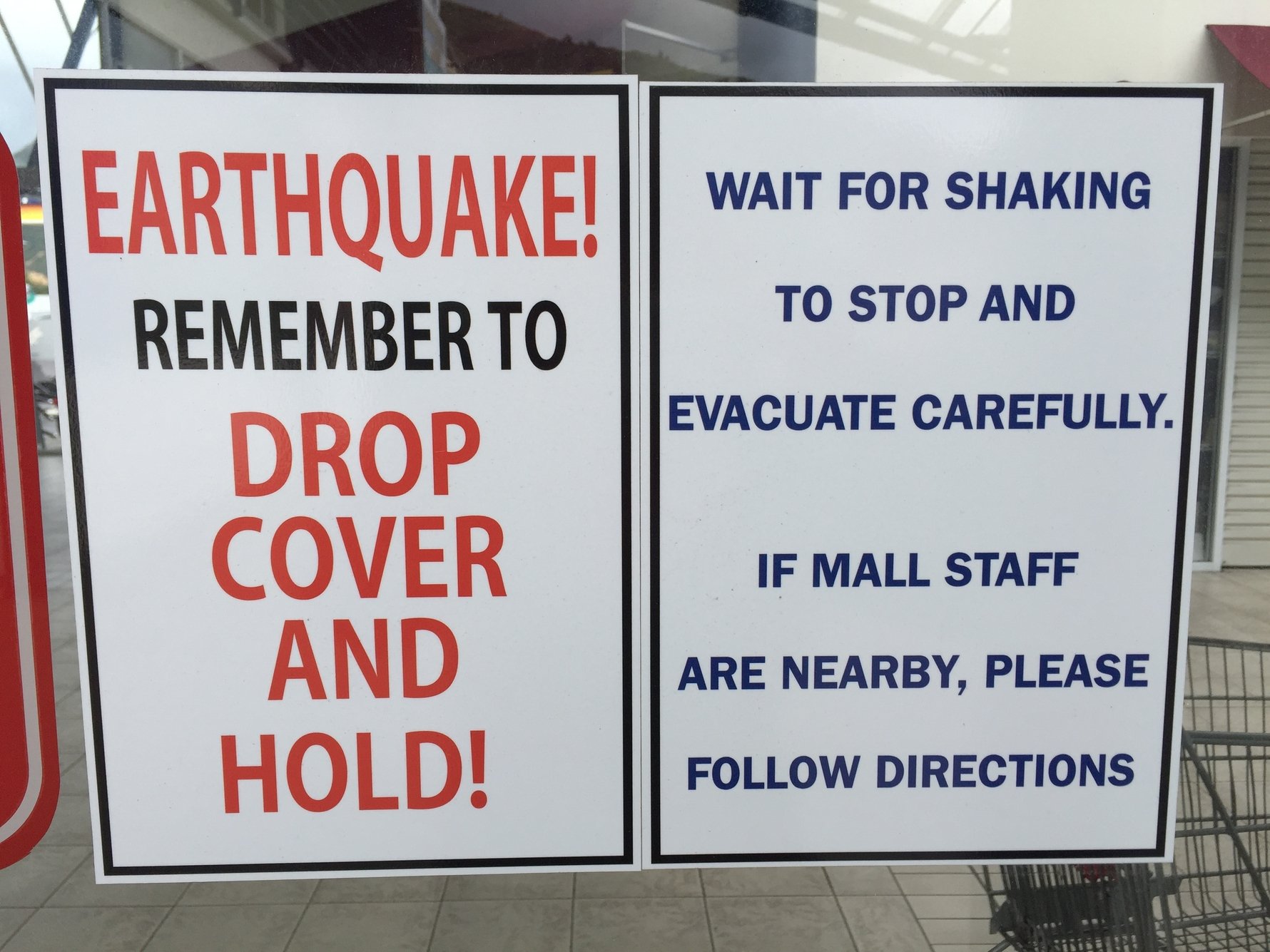While turning to twitter is not advised by the experts – it was our first stop, to try and confirm what had just occurred. The incident inspired a trending tweet by us in which we were quick off the mark to suggest that our next guide to Johannesburg might need to be a guide to surviving an earthquake. Our readers have been asking for one ever since, and it couldn't be more timely to share some seismic know-how.

We spoke to the experts and this is what we found. The African or Nubian Plate is one of seven major tectonic plates and it includes almost all of the continent, including South Africa. However, earthquakes are fairly rare in the country, with the last incident of a large magnitude occurring in Orkney in the North West in 2015. The strongest earthquake happened in 1969 in the Western Cape's Tulbagh region, with a magnitude of 6.3 due to shifting of those tectonic plates, under the ocean, at a depth of 32km. Although earthquakes are difficult to anticipate, any Joburger, especially on the West Rand, will tell you there has been an increase in rattling and shaking of late.
According to Willem Meintjes of The Council for Geoscience (CGS), Johannesburg experiences difficult-to-predict earthquakes that are largely brought on by mining operations in the city and surrounds.
"We have noticed an increase in seismic activity in recent years, which is consistent with the earthquakes in 2015 in the Orkney region, which are comparable in size of those in the Boksburg area [on 11 June 2023]. So, we do occasionally experience greater earthquakes, particularly in the West Rand and other areas," Meintjes says.
We asked CGS to share their top tips, in the event of a future quake.

What to do if an earthquake happens and you are indoors?
Keep your distance from any large objects, windows, and doors. Drop to the ground, take refuge under a sturdy object, such as a table (as long as it's not made of glass), and cling to its legs. Cover your head with a pillow if you're sleeping in your bed to protect it, and hold on to the bed to keep steady. Do not immediately run outside, as something like a tree, building, or electrical cables could fall on you. Once the shaking has ceased, check that any exits are open and your gas is turned off (if you were using it at the time), and only leave the room if it's safe to do so.
What to do if an earthquake happens and you are outdoors?
Keep clear of trees, buildings, electrical lines, and light poles if you are outside when an earthquake happens. Drop to the ground immediately, and then wait for the shaking to stop.
What to do in the event of an earthquake while driving?
If you're driving or inside a car, stop the car, put the handbrake on, and stay inside. Make sure to park the vehicle away from any structures, trees, power lines, and street lights.
After-earthquake actions to take?
When the shaking stops, you might not know what to do, but try to remain calm. If you're inside a building, take the stairs instead of the lift, and if you're outside, avoid going inside any damaged structures. Check for any possible injuries from the earthquake, as well as any damage to water and electrical systems. Keep an eye out for any possible fires that may have been sparked due to gas being left on, as well as any chemical hazards that could be dangerous for the environment and you. Finally, depending on how big the quake was, be prepared for aftershocks; these can happen a few hours, weeks, or even months afterwards.
For more information on what to do during an earthquake visit geoscience.org.za




Comments